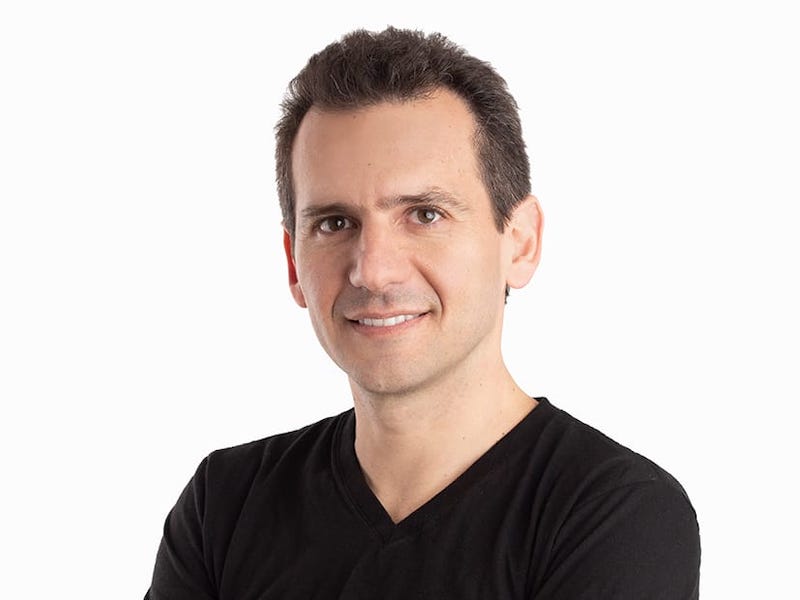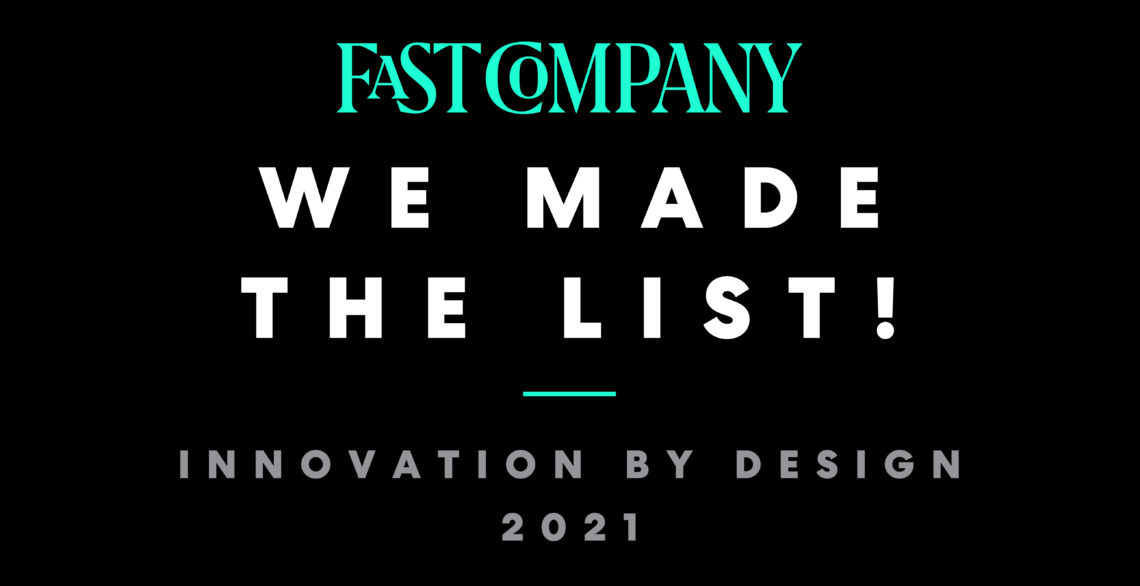Charles Harrison Fellowship Supports Next Generation of Design Leaders
By Stephanie Hlywak
February 17, 2022
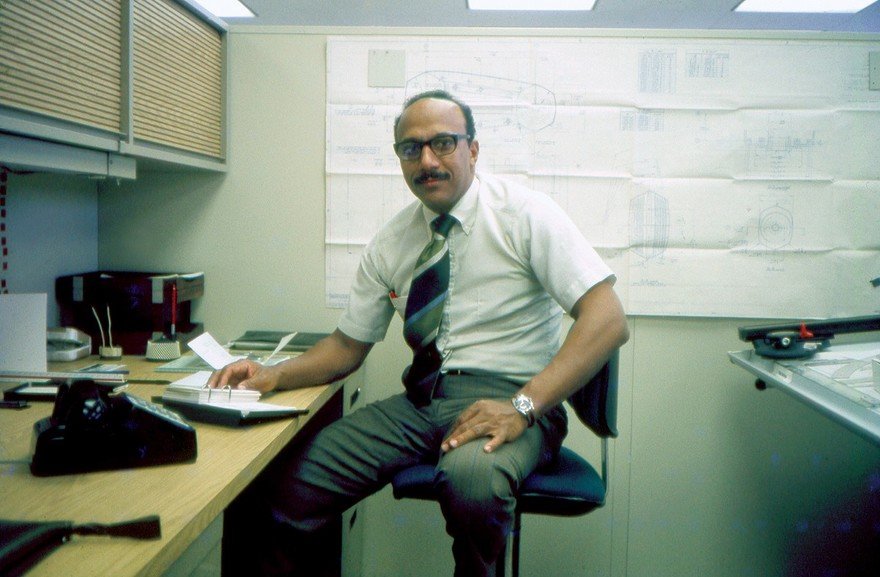
Less than five percent of designers in the US are Black, according to the Census Bureau. And Black designers in leadership positions are only a fraction of that. How can design leadership become more diverse and inclusive? One solution: mitigate barriers to graduate design education. That’s exactly what the Charles Harrison Fellowship aims to do.
Created to honor the late Charles Harrison’s contributions to the field of design, the fellowship provides financial support to ID students from underrepresented backgrounds who bring distinct intellectual and creative perspectives to the field.
The fellowship honors 1963 ID alum Charles Harrison (1931–2018), who was among the first Black industrial designers of his era and the first Black executive at Sears. It was at Sears that Harrison cemented his legacy, often taking existing products and improving them. His genius lies hidden in plain sight, in his plastic trash can design that became ubiquitous in American households, in cordless shavers and clear measuring cups, and in the generation-defining children’s toy, the View-Master. In all, Harrison left his mark on more than 750 products throughout his career.
Latrina Lee (MDes 2023) first encountered Harrison’s work at an exhibit celebrating his life at the Chicago Cultural Center in 2019. A Chicago native and alum of the University of Illinois at Chicago, Latrina was working at the time in graphic design for Studio/lab but was growing increasingly interested in exploring how design can improve the quality of a person’s life, not just a business’s bottom line.
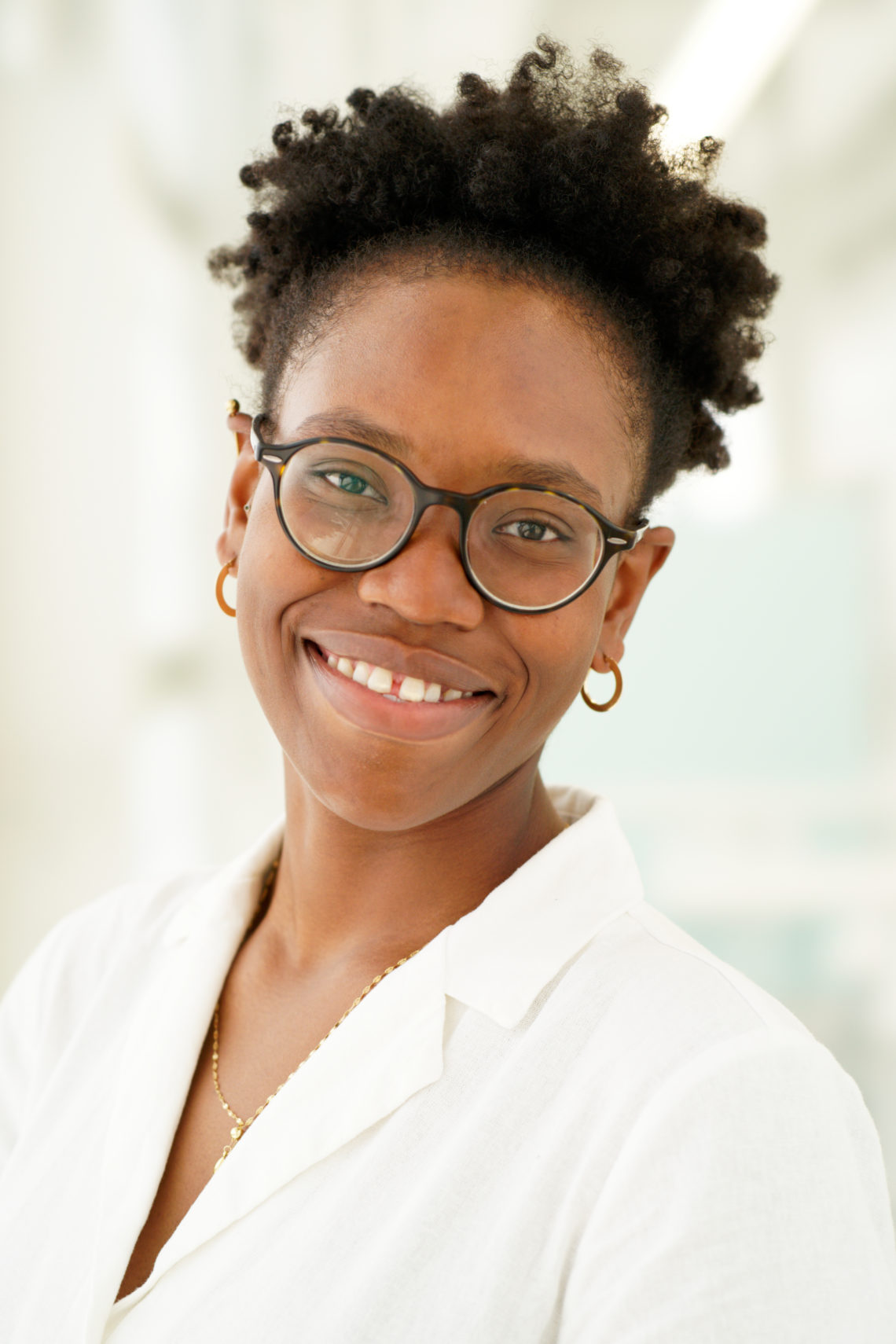
For Latrina, the fellowship makes attending ID more comfortable.
”I knew I wanted to continue my education, but it was a question of am I going to do this now or am I going to do this later? The fellowship answered that: I’m doing this now.”
One of Latrina’s favorite projects so far was part of the Politics of Design course taught by Chris Rudd, ID’s Clinical Professor of Community-Driven Design.
“The assignment was to create a racist object, and then make it anti-racist,” she explains. Drawing on her love of plants, she first designed a pot filled with seeds harvested from Indigenous people’s land. To make something anti-racist, she reimagined it as an object that could help people living with hypertension. She developed a sliding scale pricing model and a distribution plan with retail sales in churches, neighborhood stores, and community centers.
“In the past, I would have looked at the pot and thought about how it could be painted. But thanks to ID, I am thinking not only visually but also systemically. I had to design the system in which this object lived.”
Like Latrina, Symone Fogg (MDes + MBA 2023) started off in graphic design, using her skills for good causes like nonprofits and social change organizations in her hometown of Durham, NC.
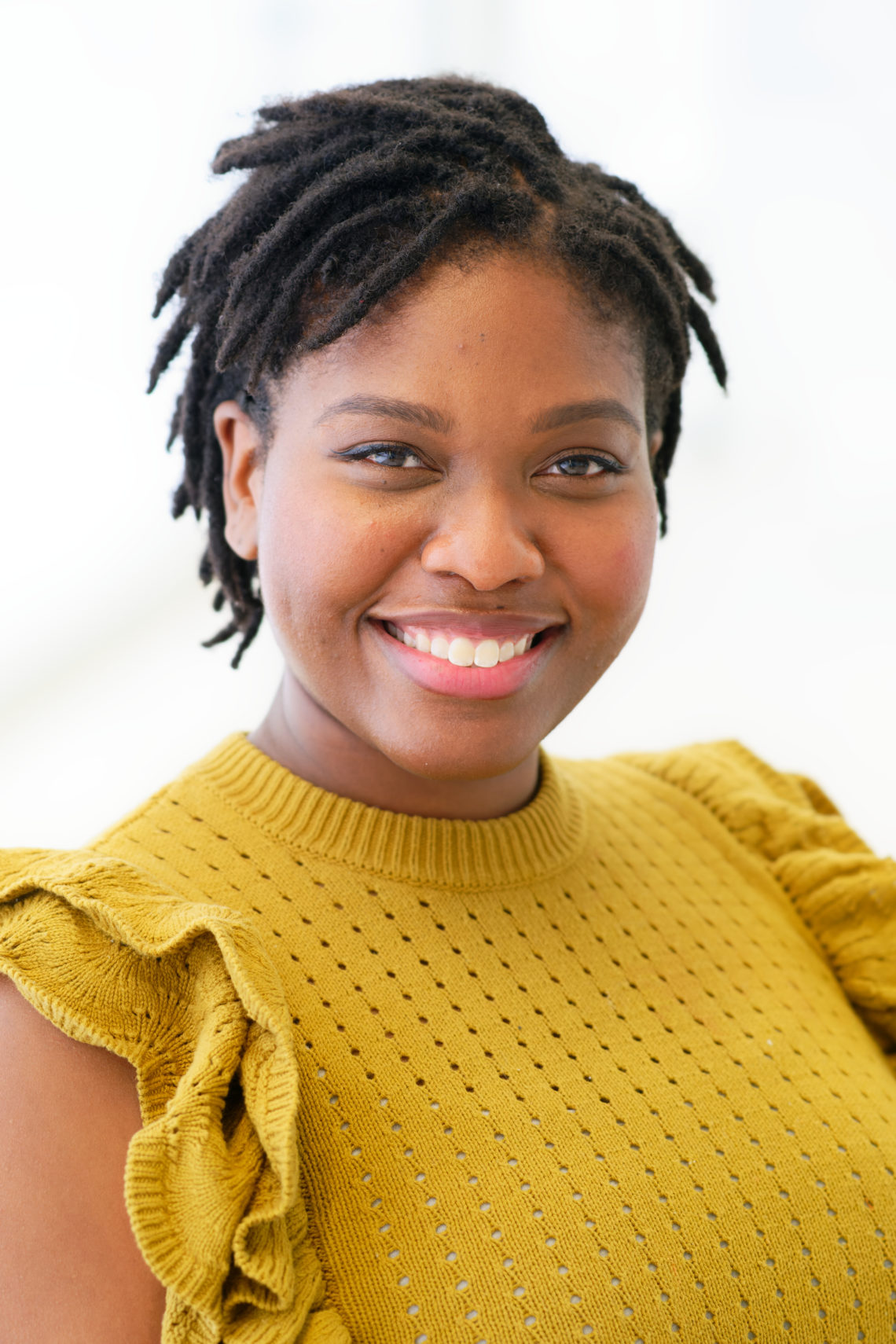
Symone Fogg
In the five years between completing her undergraduate degree at Georgetown University and arriving at ID, she set out to interrogate the passions that animate her as a professional.
“I like to say I got a ‘degree in me’ during that period. I did a lot of introspection, asking myself what I want to build, what interests me,” Symone says.
For Symone, the Harrison fellowship was a game-changer. “I grew up with a single mother, and our family needed financial assistance, so I feel incredibly grateful they thought of me for this opportunity. Without it, I don’t know if I would have made it to ID.”
As a dual degree student pursuing an MBA concurrently with her work at ID, Symone is delighting in the opportunity to focus on the intersection of design and business.
“I believe business is a tool to do something, like art. Artists show the world bigger ideas through one canvas. Businesses can do the same, by improving systems and ideas that impact people, community, and culture.”
Committed to social impact design, Symone is hoping to bring her skills back to North Carolina upon completion of her degree, to help BIPOC communities in Durham mobilize and work together to build a higher quality of life.
“My father was a dedicated educator as well as a designer, and he dreamed of a day when his beloved profession would be more inclusive,” said his son Charley Harrison. Symone Fogg and Latrina Lee exemplify the kinds of students my father would have wanted to nurture in their educations and careers. He served as a mentor for many Black designers, and even though he is no longer with us, in this way he can continue to guide the next generation. I think he would be incredibly impressed and heartened by these inaugural fellows.”
